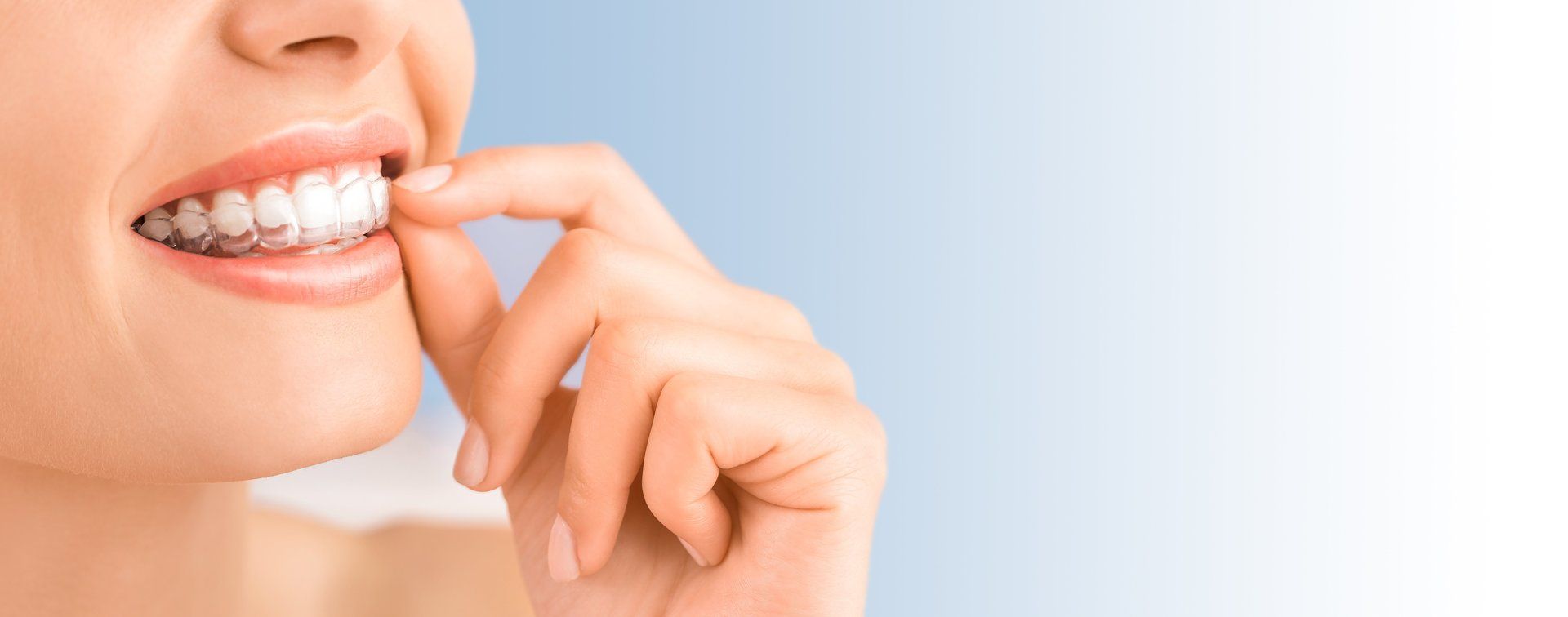How often should I visit the dentist?
- By mark@threelayermarketing.com
- •
- 01 Sep, 2017
- •
Your Leesburg dentist discusses dental checkup frequency

It is widely understood that most people dread visiting their dentist's office but the fear shouldn't prevent you from doing so. Dental health is far too important to put it off. So, you may be wondering just how often you should be visiting the dentist in order to maintain healthy teeth and gums. Well, the answer really isn't that straightforward. Keep reading to discover some general guidelines in regards to how frequently you should look at heading into your dentist's office for a checkup or a cleaning.
Most healthy adults with little to no dental issues can get by visiting the dentist once or twice a year, but those with a history of poor oral hygiene, cavities or other problems may need to see their dentist on a more frequent basis. There are others who may also need to visit the dentist more often, including smokers, pregnant women, those who suffer from diabetes and those who have a weak immune system. If you're not sure if your lifestyle calls for more frequent visits to the dentists, you may want to discuss this further with your dentist or his or her staff.
When it comes to oral care among kids, most experts recommend making appointments with your dentists at least twice a year. This is because children are more prone to cavities and other dental issues. Not to mention, dentists also have to track the progress of teeth development in order to determine if he or she will be needing braces or any other type of dental solutions.
All in all, the frequency of your dentist office visits will depend on your dental history, your age, how well you take care of your teeth and other lifestyle factors. If you are still unsure, you will want to consult with your dentist during your next visit.
Contact our Leesburg dental office today to schedule your comfortable and convenient dental appointment.

Kids and teenagers aren't the only ones who get braces in order to correct crookedness. Adults suffer from crooked teeth as well, which is why many dentists, orthodontists and dental companies specialize in helping them achieve the straighter smile they have always dreamed of. You're never too old to get braces, but the type of braces you have applied may differ from ones that are common among young adults. Keep reading to discover some of your options when it comes to correcting crooked teeth as an adult!
Metal Braces
You can of course have a traditional set of metal braces installed by your orthodontist, but many adults opt out of this because they don't think they can swing the look in a professional setting.
Invisible Braces
Since most adults don't like the way metal braces look, invisible braces are the next best thing. New advances in technology make this option just as affordable as traditional braces, and often with results realized more quickly.
Retainers
Some dentists can fix minor problems using a retainer. For instance, slight crowding or a thing gap has a good chance of being corrected with a retainer. Better yet, retainers are much less expensive than both metal braces and invisible braces.
Veneers
If you are wanting to fix your teeth as soon as possible without braces, you may want to opt for porcelain veneers. Just be mindful that veneers can't necessarily fix widespread crookedness, but they can effectively close up gaps and correct chipping.
Contact Leesburg Spa Dentistry, your Leesburg Cosmetic Dentist
The idea
that braces and corrective dentistry is only for young adults is a
misconception. Your teeth can re-position themselves over the years and your
jawline can adjust, which is why adults end up unexpectedly experiencing
crookedness. While the above options are the most common, not all cosmetic
dentists or orthodontists offer the same services. This is why it's best to
consult with your dentist regarding your specific options available to you when
it comes to correcting problems with your smile.
Contact Leesburg Spa Dentistry today to learn more about invisible braces, veneers and retainers for crooked teeth, as well as other cosmetic procedures that can create the perfect smile!

Have you ever really examined the inside of your mouth? If so, you of course would have noticed that there are all kinds of things contained within the mouth besides teeth. Curious what all you have in there? Here are a few of things that can be found in the human mouth other than teeth.
Gums
Defined as the soft pink tissue that surrounds the top of teeth, the gums are responsible for supporting your pearly whites. The gums are also covered by an oral mucosa, which is important for protecting them and ensuring oral health. Healthy gums don't bleed or cause pain when poked, prodded or brushed vigorously.
Tongue
Did you know that your tongue is a muscle? Well, it's totally true! Covered with lots of small taste buds and known to play a vital role when it comes to proper digestion, the tongue is a very important component of the human mouth.
Salivary Glands
To put it simply, your salivary glands produce saliva. And saliva is critical for oral health because it contains enzymes that help break down food in order to make it easier to swallow. Saliva is also believed to protect the teeth by pulling bacteria and food particles from hard-to-reach places.
The Uvula
There is something else in your mouth known as the uvula. This small hanging flap of tissue consists of muscle fibers, connective tissues and glandular tissues. Studies haven't concluded that there are any definite reasons why the uvula is necessary, but it appears to have some kind of effect when it comes to speech development and the prevention dry mouth.
The mouth
is home to many things other than teeth. To explore your mouth a little more,
grab and mirror and check it out! Have questions? Ask your dentist or dental
hygienist for more info during your next visit.
